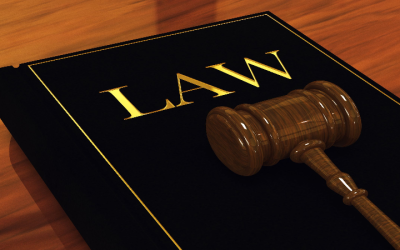When marriages or other relationships don’t work, there is usually some fallout. For adults, the arguments and disagreements that happen after a relationship ends can be easily forgotten. Children involved in that kind of situation don’t forget or understand as easily. It’s important that no matter what else happens, the child is put in the best situation possible. This could mean either sole custody for one parent, or joint custody for both. It can be very difficult to decide what the best solution is, and that’s where a Child Custody Lawyer comes in. There are many factors that go into how the court decides where the child will end up. If one parent is found unfit to provide a healthy environment to a child, they will not be given custody. But, if both parent are fit to provide for the child, an agreement must be reached.
In situations where the custody of a child is in question, a Child Custody Lawyer should be contacted right away. By working with a lawyer, a parent can get the help they need to build a case that will prove they are fit to raise their child and that they can provide a happy and healthy environment. A lawyer such as James E. Hitchcock will work with their client to help make them understand what a judge is looking for. This kind of information will make a big difference in how the case is handled.
One of the first things a judge will ask is which parent is the primary care giver and whether the child has special needs. The mental and physical health of both parents will be considered. Each parent’s support system will be considered, including if siblings will be living at one home or another. Each parent’s work schedule will be considered, and whether they are available enough to provide for the child’s needs. One of the most important things to consider is the child’s custody preference. For young children this is a very difficult decision, and one most parents would not force on their child. Parent’s with criminal or domestic violence history will most likely not gain custody of their child.






